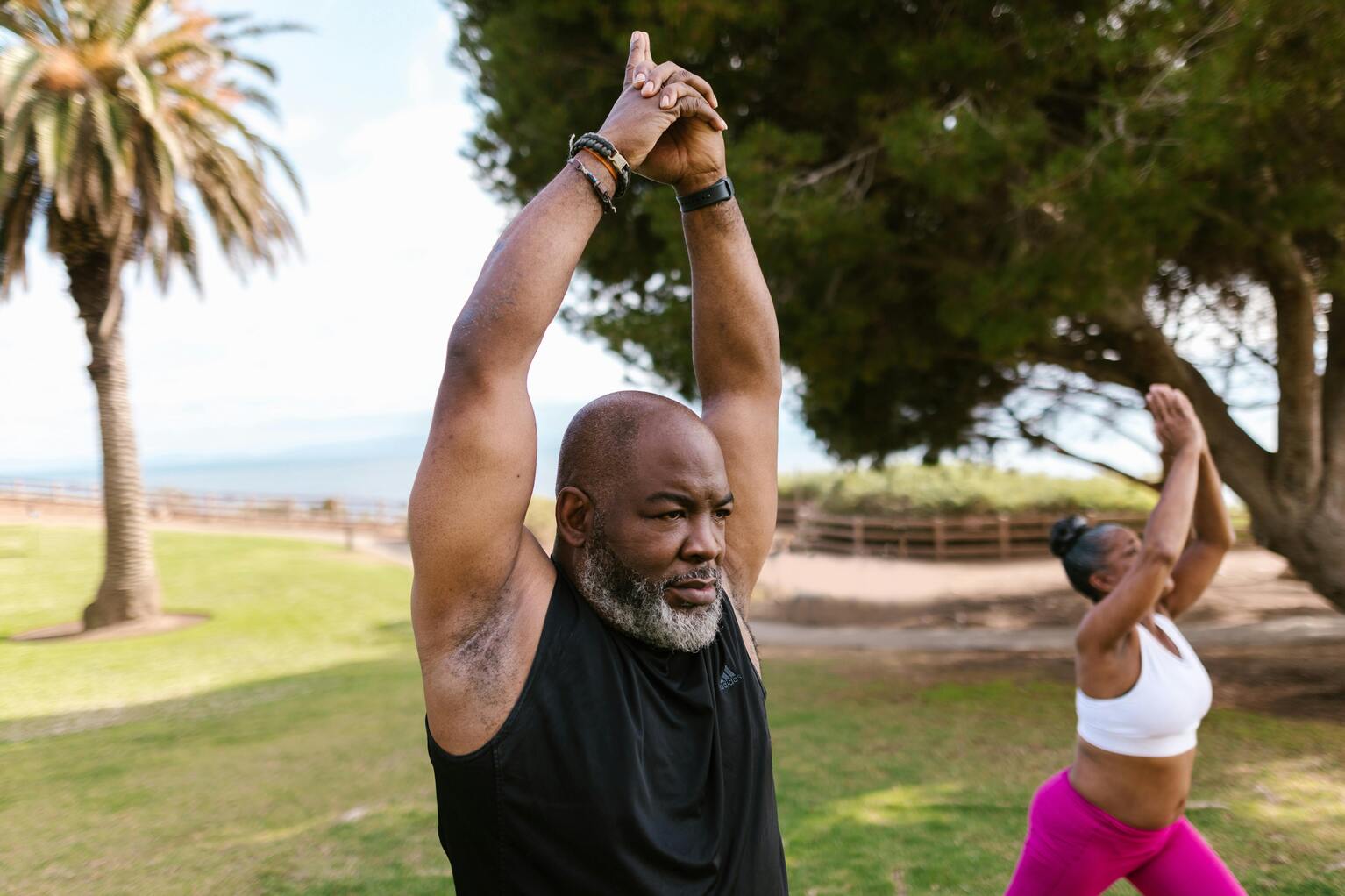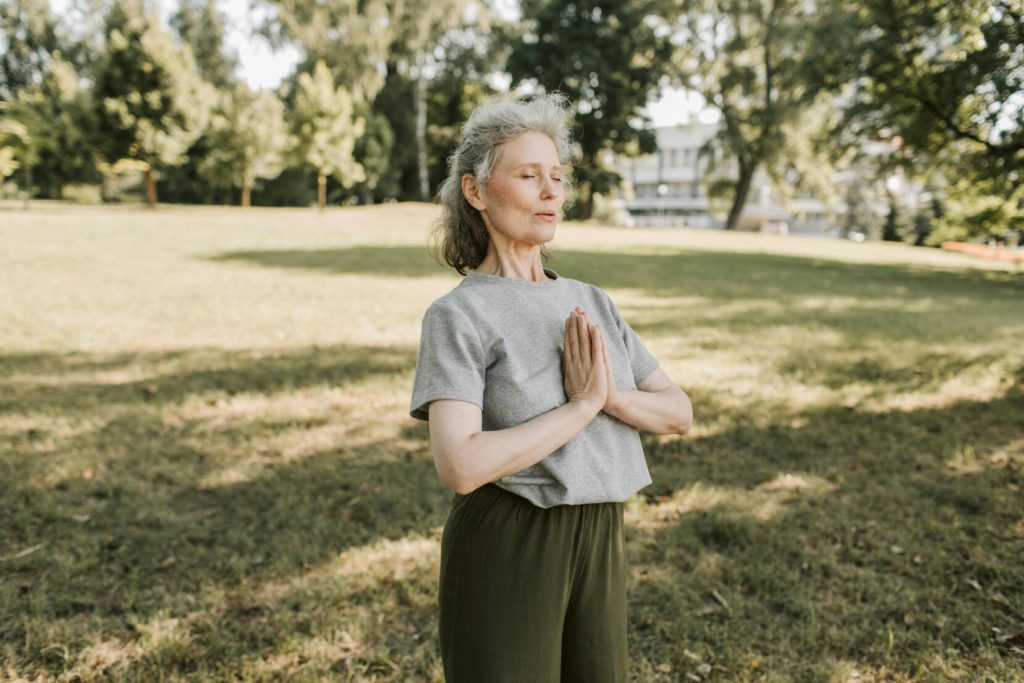Whether you’re managing a busy career, raising children, or navigating retirement, taking time for self-care is essential for your mental, emotional, and physical well-being. Self-care isn’t just about pampering yourself; it’s about making mindful choices that enhance your overall quality of life. This article offers practical, easy-to-follow self-care tips that span all age groups, ensuring that everyone can find something valuable for their journey toward a healthier, more balanced life.
Why Self-Care Matters for Everyone
Self-care is a personal practice of tending to your mental, emotional, and physical needs. It helps reduce stress, prevent burnout, and improves the overall quality of life. Although self-care can take many forms, the core idea remains the same—taking intentional steps to recharge, reflect, and rejuvenate. What counts as self-care varies from person to person, but the key is to regularly set aside time for it, regardless of your age or stage in life.
Self-Care Tips for Children and Teenagers
Children and teenagers are increasingly feeling the pressures of academics, social expectations, and digital life. Teaching them the importance of self-care early helps them develop healthy habits for managing stress and emotions.
Physical Self-Care
- Encourage outdoor play: Physical activity boosts mood and helps kids develop strong bodies. Ensure they spend time outside, playing sports, or simply enjoying nature.
- Balanced sleep routine: Teenagers, in particular, often face irregular sleep patterns. Encourage consistent bedtimes and screen-free evenings to support better rest.
- Nutritious meals: Promote healthy eating by involving children in preparing balanced meals. It fosters both nutritional awareness and practical life skills.
Emotional and Mental Self-Care
- Teach emotional awareness: Help kids name their emotions and express how they feel. Activities like journaling or art can be useful outlets.
- Limit screen time: Too much time spent on social media or video games can increase anxiety. Set boundaries to encourage real-world connections and hobbies.
- Mindfulness activities: Introduce mindfulness practices like meditation or breathing exercises to help teenagers cope with stress, especially during exams or social pressures.
Self-Care Tips for Adults
With work, family responsibilities, and life’s many demands, adults often put themselves last. However, integrating self-care into daily routines can greatly improve both mental clarity and physical health.
Physical Self-Care
- Stay active: Regular exercise not only improves physical health but also reduces stress. Whether it’s yoga, walking, or strength training, find something you enjoy and make it a habit.
- Prioritize sleep: Adults need between 7-9 hours of sleep per night for optimal function. Create a sleep-friendly environment by limiting screen time before bed and maintaining a cool, dark room.
- Balanced diet: Eating a diet rich in vegetables, lean proteins, and whole grains can improve your energy levels and mood. Limit processed foods and sugar, as they can lead to energy crashes and mood swings.
Emotional and Mental Self-Care
- Set boundaries: Learn to say no to commitments that drain your energy or cause unnecessary stress. Protect your time and mental health by setting clear personal and professional boundaries.
- Schedule ‘me time’: Whether it’s 10 minutes of reading or an afternoon of spa-like relaxation, make time for activities that bring you joy and help you unwind.
- Mental health check-ins: Regularly assess your mental state and consider therapy or counseling if needed. Seeking professional help is a powerful form of self-care.
Social and Emotional Self-Care
- Maintain relationships: Make time for socializing with friends and family. A strong support system is vital for mental health, whether it’s a phone call, a coffee date, or a regular get-together.
- Gratitude practice: Incorporate a daily gratitude exercise into your routine. This could be as simple as writing down three things you’re thankful for each day to shift your mindset towards positivity.
Self-Care Tips for Older Adults and Seniors
As we age, maintaining our physical and emotional health becomes more important. For older adults, self-care isn’t just about staying active but also about fostering mental sharpness and emotional resilience.
Physical Self-Care
- Low-impact exercise: Physical activity remains crucial for seniors, but it may need to be gentler. Walking, swimming, or yoga can help maintain mobility and strength without strain.
- Regular health check-ups: Don’t neglect preventive health care. Regular doctor visits, eye exams, and dental care are essential to aging healthily.
- Adequate hydration and nutrition: Seniors often face challenges with hydration and appetite. Focus on nutrient-rich meals and ensure proper water intake to maintain energy and prevent dehydration.
Mental and Emotional Self-Care
- Mental stimulation: Keep your brain sharp by engaging in puzzles, reading, or learning new skills. Lifelong learning helps maintain cognitive function and boosts self-esteem.
- Stay connected: Loneliness can be a significant issue in older age. Join social groups, volunteer, or take up hobbies that allow you to interact with others.
- Mindful relaxation: Meditation, tai chi, or even simple breathing exercises can help reduce anxiety and promote relaxation, improving overall mental well-being.
Self-Compassion
- Embrace aging: Self-care for seniors also involves accepting the aging process with grace. Celebrate milestones, reflect on achievements, and treat yourself with kindness during difficult times.
ICW Says:
Self-care is an ongoing journey, and its significance grows with each stage of life. From childhood to our senior years, making time to nurture our mental, emotional, and physical health enhances our quality of life. Remember that self-care isn’t selfish—it’s essential. By prioritizing your well-being, you not only improve your own life but also your ability to care for others. Whether it’s a few minutes of meditation, a brisk walk, or a heartfelt conversation with a loved one, these moments of self-care will leave you refreshed and better equipped to navigate life’s demands.
Take the time, make the effort, and remember—your well-being matters!
You may also like
-
Jacqueline Carson on The Mind-Body Connection: How Your Thoughts Shape Your Health
-
Coffee with the Universe: Creating a Sacred Daily Practice
-
Aliesha Embleton on Building Resilience and Self-Care: A Lifelong Foundation for Growth
-
Dr Stacey Anwin on Writing for Self-Care
-
ADHD-Friendly Self-Care Practices: How to Prioritise Your Mental, Emotional, and Physical Wellbeing



